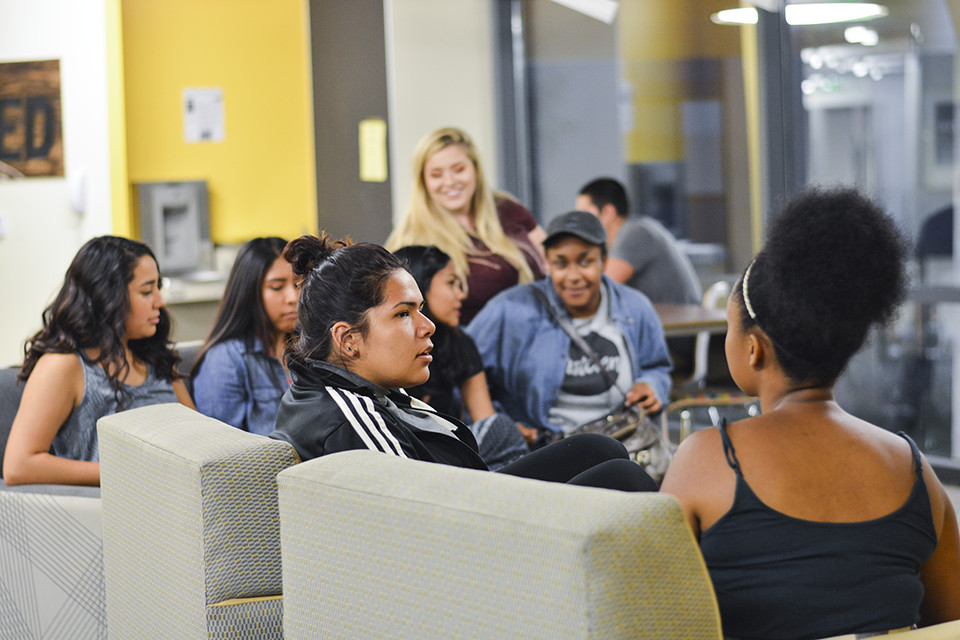This fall marks the beginning one of Biola’s newest program, the FirstGen Scholars Program, created to assist first generation students as they begin to take on the university system.
First generation dropout rates
Faculty has taken particular note of the high number of dropouts of first generation students at Biola University. Although financial difficulty can play a role in dropout rates, the main issue lies in the lack of guidance and information provided for first generation students by their families ― something non-first generation students may not necessarily face.
“Institutional data reveals that first generation college students have lower rates of retention than other students at Biola, and the committee researched best practices and proposed this program to administration as one way to support these students,” said Alicia Andre, assistant director of Student Enrichment and Intercultural Development.
In response to these statistics, Biola established the FirstGen Scholars Program for students who are the first generation of their family to attend college, available to freshmen or transfer students. There are 25 students in the program, eight men and 17 women.
“They end up dropping out or being pushed out of the system. But they really should be here and they can be thriving and flourishing if we take time to think through… the way we approach things in order to be inclusive of them,” said André Stephens, vice president of Student Development and committee member for the FirstGen Scholars Program.
Scholars engaged in mandatory activities, such as the bridge program, which took place three weeks before school commenced. During the program, FirstGen students met others in the FirstGen community, spent time with mentors and experienced different parts of Los Angeles.
This program also provides activities to build community, additional Bible courses, faculty and peer mentorship, personalized career and academic advising, and events for family members. The program gives scholars an annual $2,500 scholarship and select residential arrangements in Blackstone Hall.
Faculty, mentors and peers all agree that, though it was challenging and rigorous, the first few weeks of the program were a success and a great help to the students.
“We were amazed at the fast and deep connections students made during the bridge program. The FirstGen Scholars really are ‘for’ each other, and I have loved seeing how encouraging and supportive they are to one another,” said Carrie Stockton, dean of Student Success.
Developed supportive relationships
FirstGen students feel they have developed supportive relationships and are more confident about their ability to succeed in college.
“I feel good that I can accomplish goals like others that have more opportunities, privileges from generations of family going and graduating college with a degree,” said Raquel Hamm, sophomore Christian ministries major.
FirstGen mentors have one or two mentees throughout the year. The mentors, such as sophomore business management major Sierra McCoy, understand from experience the difficulties of being a first generation student transitioning into college life.
“It’s not just like you’re a basic freshman that comes in, scared of college. It’s like you don’t know how to sign up for your classes at all, you don’t even know how to pay for college,” McCoy said. “For me, it was all kind of a real big struggle. That’s why I’m so glad we have this program, because everything I figured out I had to work towards myself.”







